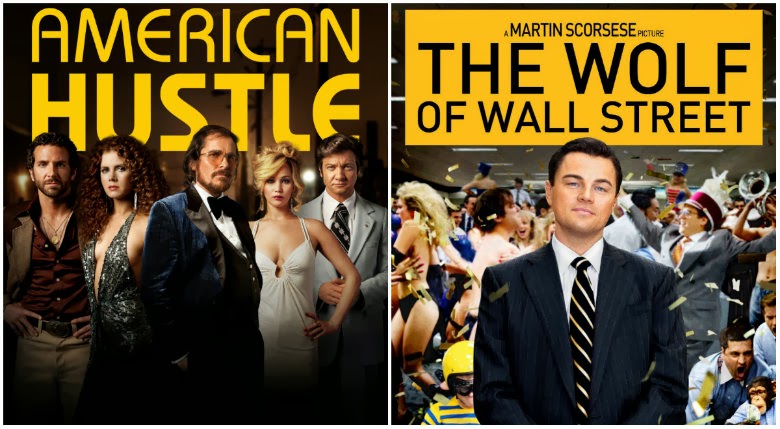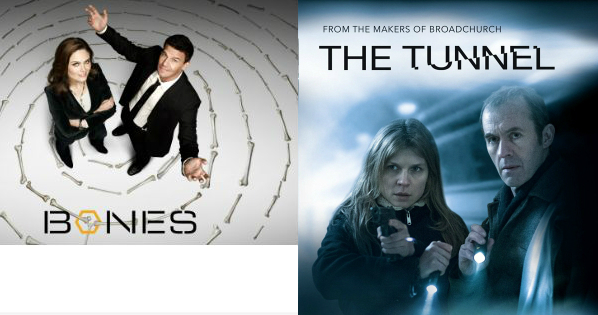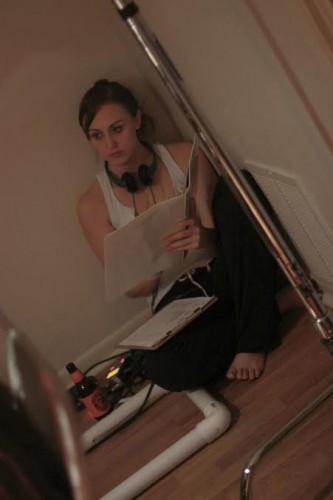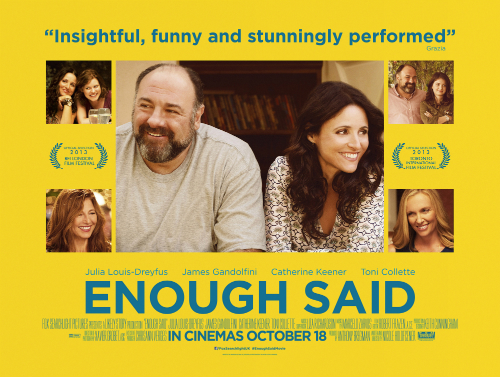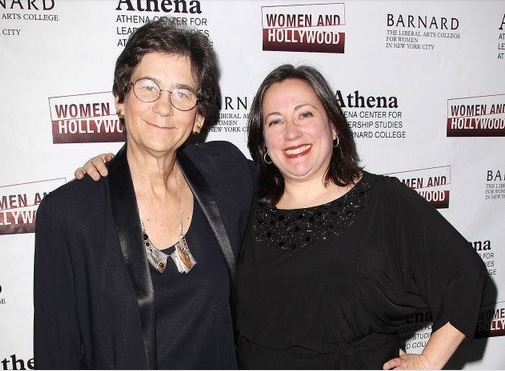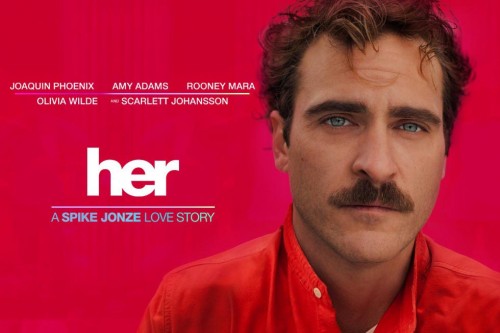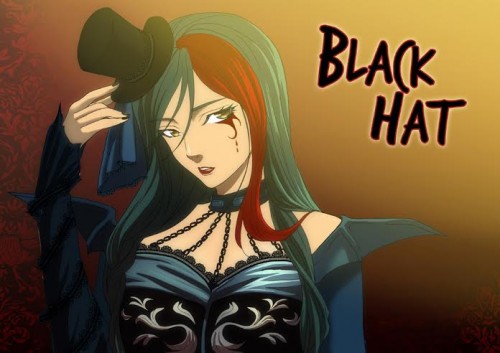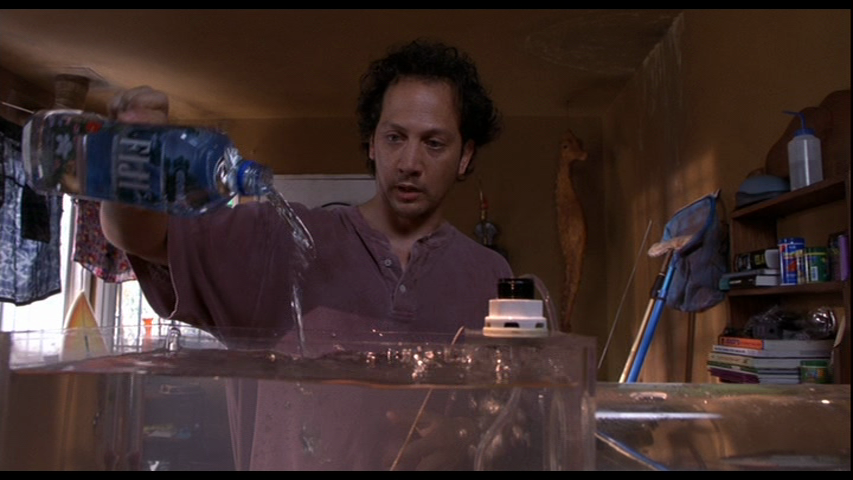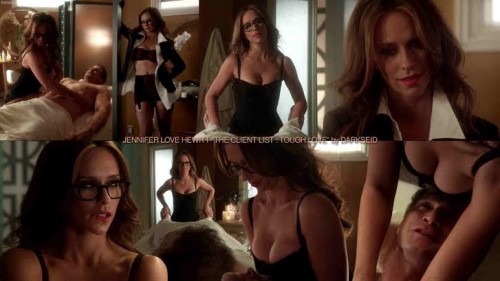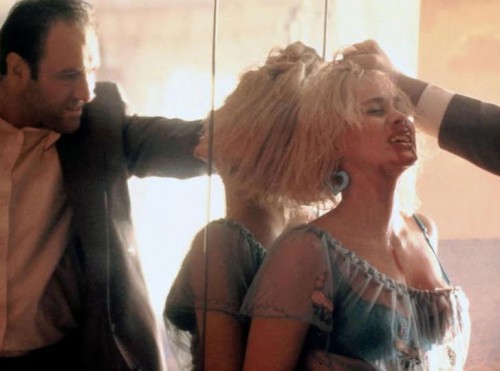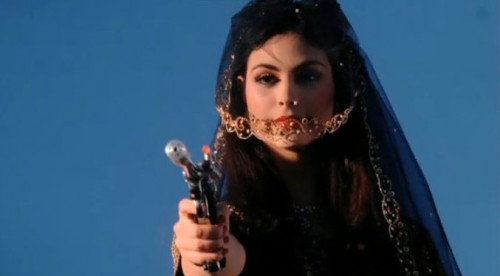Muted Female Power in ‘The Wolf of Wall Street’ and ‘American Hustle’
The men get the most attention for their greed and corruption. However, if we look a bit closer, the films’ women are the ones who can be traced to plant bigger, fatter seeds of avarice. This wouldn’t bother me, as I’m always in favor of more complex female characters (even if they’re unsympathetic), but what strikes me is that we barely notice these scenes. The women become victims and damsels, when oftentimes the ideas were their own.
Is this some kind of 21st century version of the femme fatale? A woman who is coercive–not only sexually, but also financially–but who isn’t taken seriously as a power player? Is it just embedded in us to not notice women’s power or ignore their parts in the narrative?
